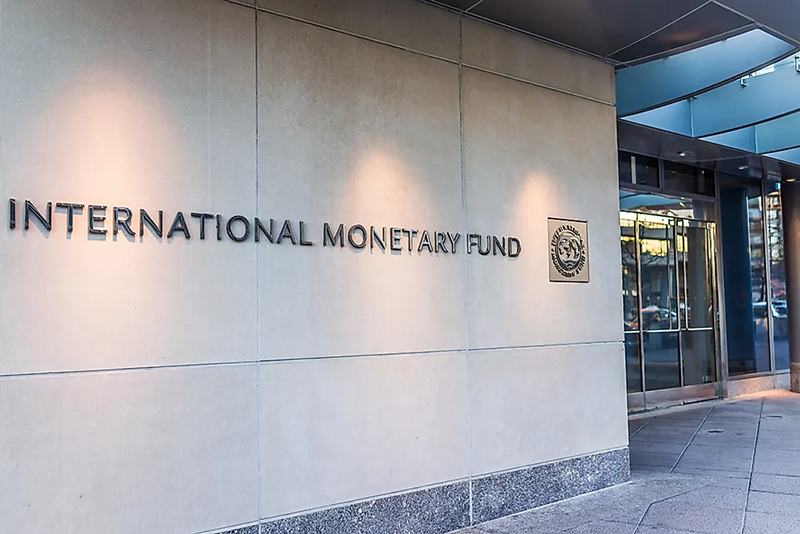- Economy
- No Comment
IMF agrees to engage with Zimbabwe on new Staff Monitored Programme

By Xinhua
HARARE: The International Monetary Fund (IMF) has agreed to engage with Zimbabwe on a new Staff Monitored Program (SMP), which may begin in the fourth quarter of 2023, according to a report released Thursday by the Zimbabwe Public Debt Management Office in the Ministry of Finance and Economic Development.
The SMP is part of a number of policy actions that the Zimbabwean government is expected to implement under an arrears clearance and debt resolution roadmap that it agreed with multilateral and bilateral creditors in February this year.
The other policy actions under the roadmap include the conduct of free, fair and peaceful elections in August, combating corruption, drafting legislation to provide for transferable and bankable 99-year leases, the payment of compensation of former white commercial farmers and the resolution of some Bilateral Investment Protection and Promotion Agreements (BIPPAs).
“In line with the roadmap, in June 2023, upon the Zimbabwean government’s request, the International Monetary Fund agreed to start the process of engagement on a Staff Monitored Program, which is expected to commence during the fourth quarter of 2023,” the Zimbabwe Public Debt Management Office said in the report.
To cushion the vulnerable during the SMP implementation period, the Zimbabwean government is seeking a “wet” SMP, for which funding is required for social protection, education, health, agriculture/food security and climate change, the report added.
In its quest to resolve the huge external debt, the Zimbabwean government in December last year established a Structured Dialogue Platform with all its creditors, development partners and stakeholders.
To date, five meetings have been held in Harare, the capital of Zimbabwe, to discuss agreed issues centering on economic and governance reforms as well as the resolution of the BIPPAs.
The Zimbabwean government contends that the successful implementation of the arrears clearance and debt resolution process is critical for the country to unlock new external financing needed to develop the economy.
The IMF has previously implemented a 15-month SMP in Zimbabwe which concluded in 2016, and another one in 2019.
An SMP is an informal agreement between country authorities and the IMF staff to monitor the implementation of the authorities’ economic programs. It does not entail financial assistance.
Despite clearing its 15-year outstanding debt arrears with the IMF amounting to 108 million U.S. dollars in 2016, Zimbabwe remains ineligible to receive new loans from the Bretton Woods institution until it clears arrears with other international financial institutions and bilateral creditors.
According to the Zimbabwe Public Debt Management Office, Zimbabwe’s total public and publicly guaranteed external debt amounted to 12.83 billion as of December 2022, comprising 5.89 billion dollars of bilateral debt, 2.70 billion dollars of multilateral debt and 4.24 billion contracted by the Reserve Bank of Zimbabwe, the country’s central bank.
Bilateral and multilateral debt amounted to 8.59 billion dollars, with arrears of principal and interest, including penalties, amounting to 6.68 billion dollars as of December last year, according to the report.
